The most expensive big cities to buy a house in the UK outside London
Cambridge, Oxford and Bristol top Zoopla’s latest house price index for cities outside the capital
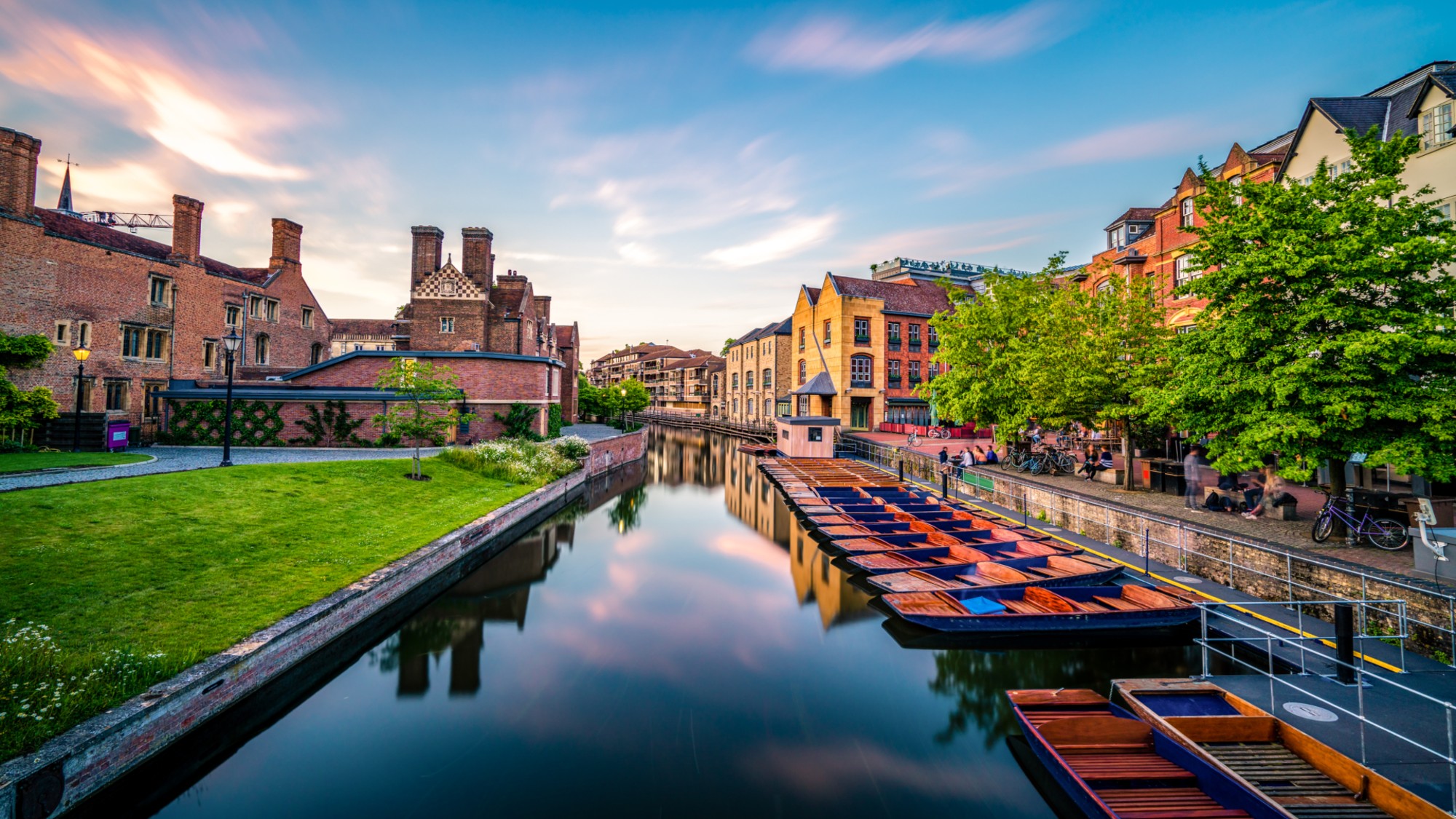
- 1. Cambridge: £462,400
- 2. Oxford: £448,800
- 3. Bristol: £340,900
- 4. Bournemouth: £317,100
- 5. Edinburgh: £281,400
- 6. Portsmouth: £273,900
- 7. Southampton: £257,300
- 8. Cardiff: £257,000
- 9. Manchester: £235,300
- 10. Leicester: £226,000
- 11. Leeds: £215,200
- 12. Birmingham: £215,000
- 13. Nottingham: £203,900
- 14. Belfast: £199,600
- 15. Sheffield: £177,000
A free daily email with the biggest news stories of the day – and the best features from TheWeek.com
You are now subscribed
Your newsletter sign-up was successful
London is the most expensive place in the UK to buy a property – no surprises there – with Zoopla putting the average house price in the city at more than £526,000.
Outside the capital, despite slower growth than much of the rest of the country, prices remain highest in southeast England, with the university cities of Cambridge and Oxford topping the platform’s most recent price index, published in January. Of the top 15 big cities, Belfast and Sheffield are the most affordable.
With mortgage rates at their lowest level since 2022 and confidence returning after the autumn’s budget uncertainty, the 2026 market has “hit the ground running with a rebound in demand levels, following a quiet end to 2025”, said Richard Donnell, Zoopla’s executive director of research. “Buyers are back” but they also “have more choice than they’ve had in eight years” with the total number of homes for sale being 6% higher than at the start of last year. The average UK house price increased by 1.2% in 2025 to reach £269,800.
The Week
Escape your echo chamber. Get the facts behind the news, plus analysis from multiple perspectives.

Sign up for The Week's Free Newsletters
From our morning news briefing to a weekly Good News Newsletter, get the best of The Week delivered directly to your inbox.
From our morning news briefing to a weekly Good News Newsletter, get the best of The Week delivered directly to your inbox.
Here are the latest average house prices for 15 major cities outside London:
1. Cambridge: £462,400
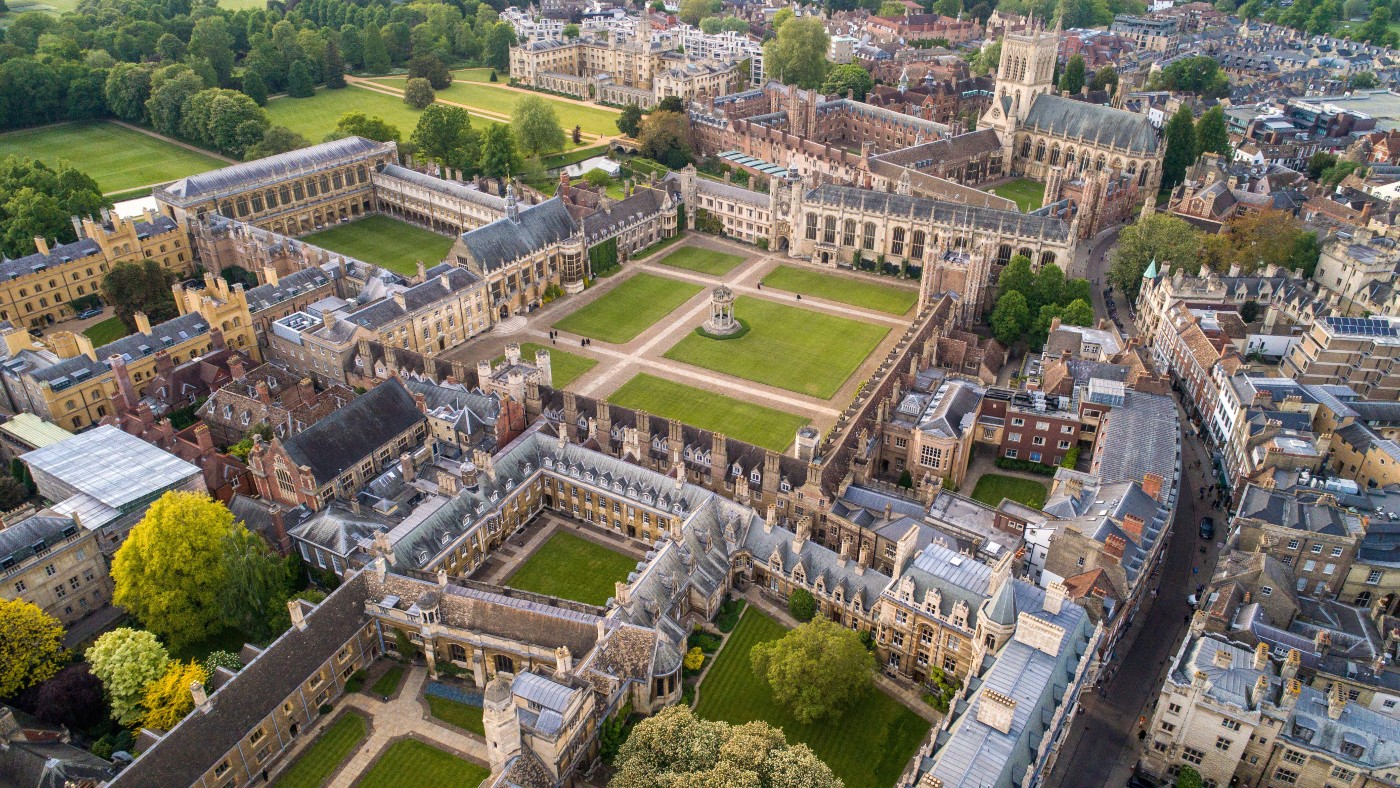
The skyline of the historic city is dominated by tightly packed college buildings, with cultural attractions such as world-class art collections. For green space there are the Backs, the colleges’ riverside gardens, parks, the Botanic Garden and surrounding countryside.
2. Oxford: £448,800
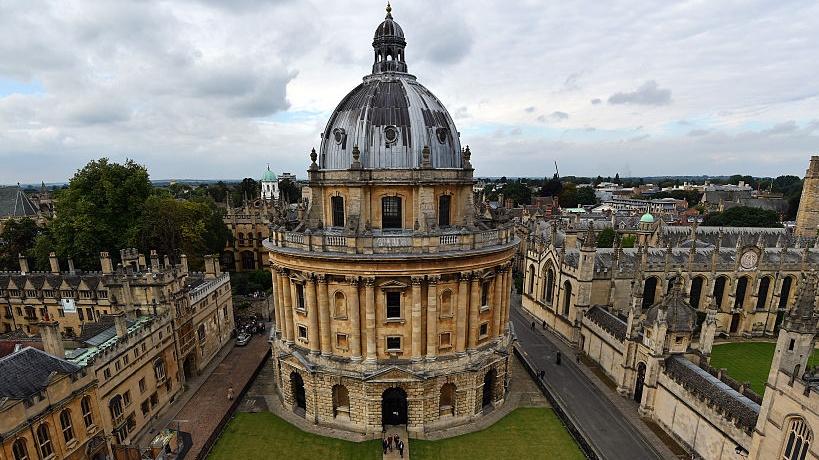
The home, of course, of the University of Oxford, the oldest university in the English-speaking world. The city is packed with quadrangles, gothic spires and listed buildings, plus parks and the possibility of punting on the river. Its green belt protects rural surroundings – and limits housing availability. The Chilterns and Cotswolds are on the doorstep.
3. Bristol: £340,900

Built around the River Avon, spanned by the Clifton Suspension Bridge, the city-centre docks have been redeveloped as cultural and heritage centres. With the M4 and M5 nearby, it also has an international airport, and is within easy reach of the North Somerset coast.
A free daily email with the biggest news stories of the day – and the best features from TheWeek.com
4. Bournemouth: £317,100
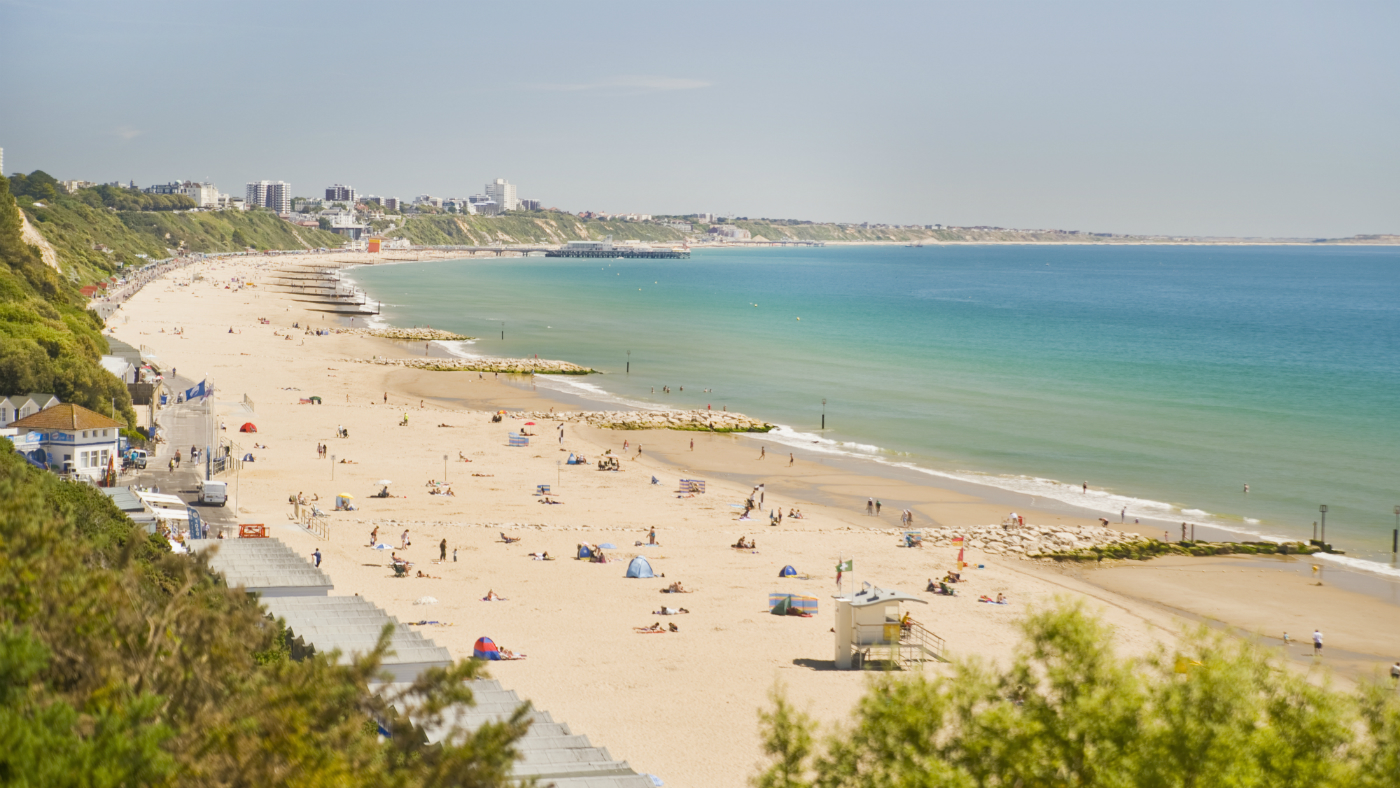
Dorset’s largest conurbation has seven miles of award-winning beaches offering diverse watersports, one of southern England’s largest entertainment venues and an international airport. To the west is Poole Harbour, Europe’s largest natural harbour, with the New Forest to the east.
5. Edinburgh: £281,400

Scotland’s capital, perched on an extinct volcano, is renowned for its medieval Old Town, and Georgian New Town, and many historic sites, including Edinburgh Castle. As befits a Unesco World Heritage Site and City of Literature, it’s home to no fewer than 10 major international festivals.
6. Portsmouth: £273,900
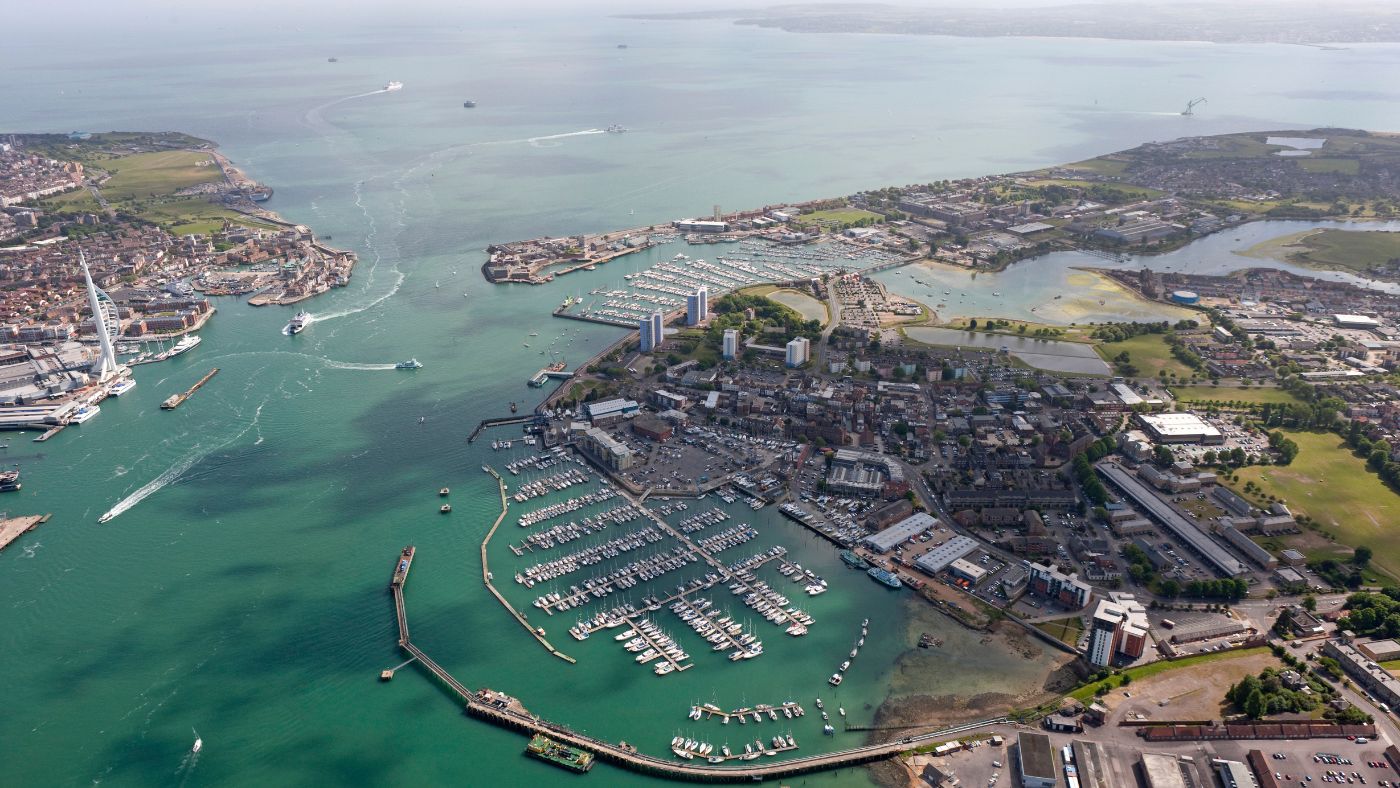
A waterfront city, centred around a port and naval base, Portsmouth is home to beaches, cultural and artistic hotspots, and stacks of green space. It’s known for its maritime heritage and houses Portsmouth’s Historic Dockyard, with ships including the Mary Rose, and a cruise terminal and international ferry port nearby.
7. Southampton: £257,300
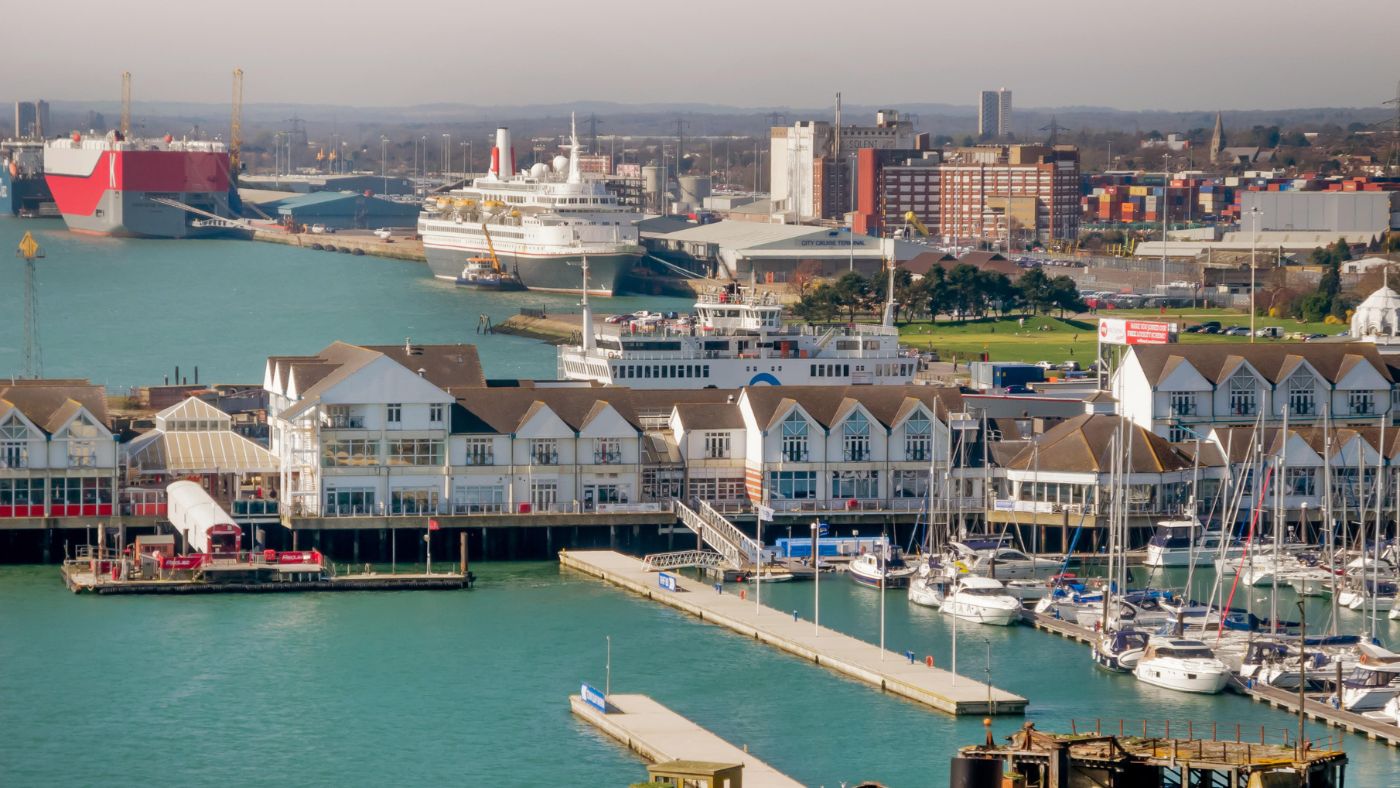
This south coast port city in Hampshire is home to the longest surviving stretch of medieval walls in England, and the largest theatre in the south of England. Its excellent transport links include road, rail and an international airport, plus ferries and a major cruise terminal. Close to the countryside, there’s easy access to the coast and the New Forest.
8. Cardiff: £257,000
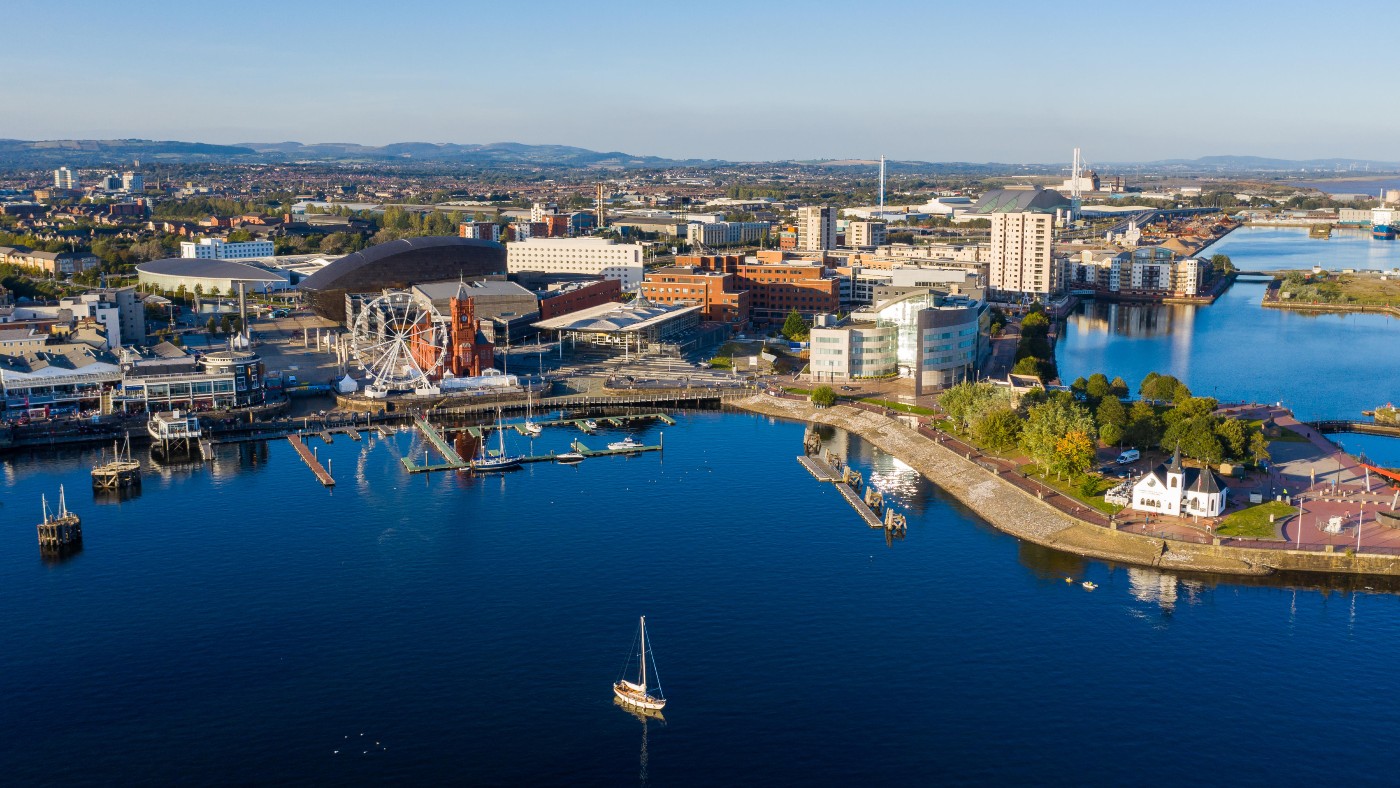
The Welsh capital is compact, with national museums, a spectacular castle and a 76,000-seat sports stadium in the heart of the city. Transport-wise, there are convenient motorways, rail links and an international airport. Nearby is the scenic Glamorgan Heritage Coast.
9. Manchester: £235,300
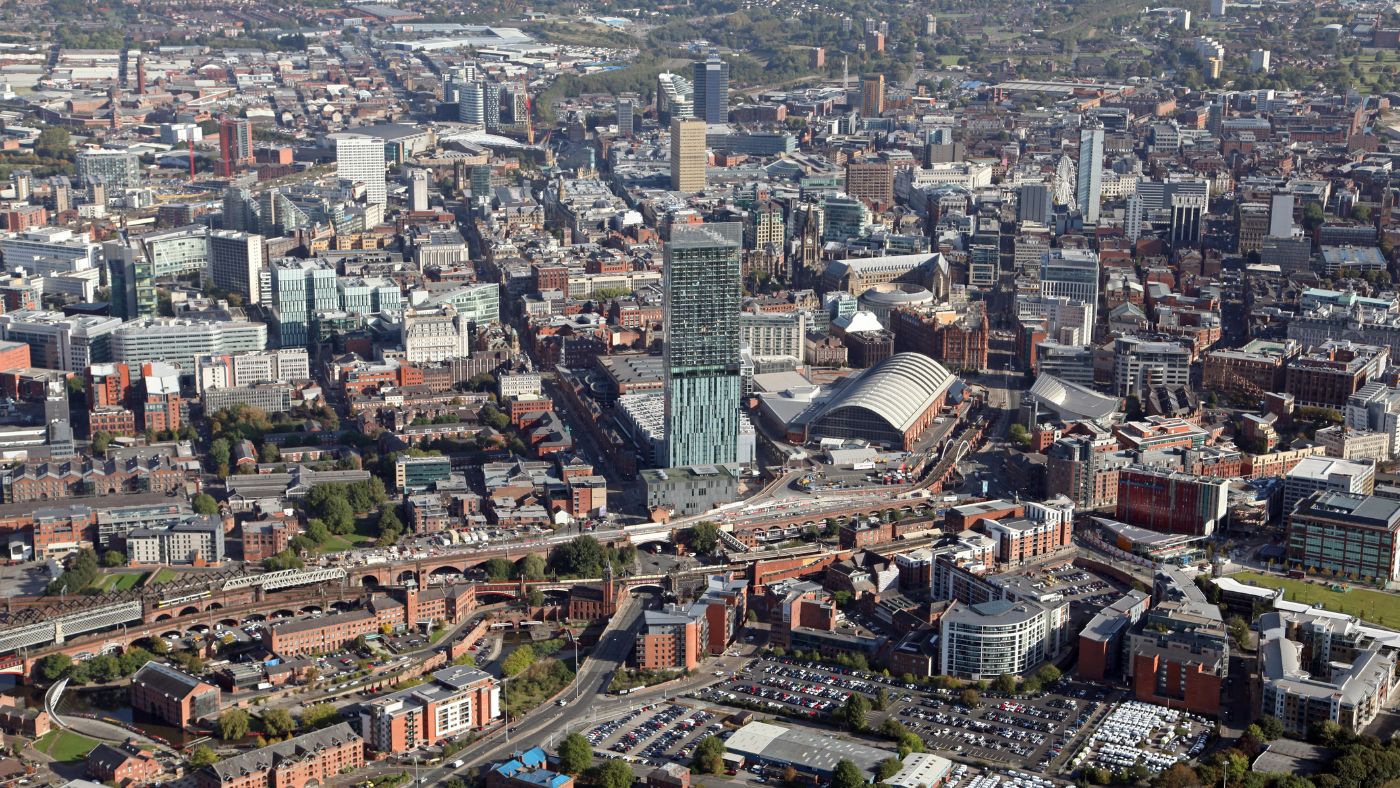
Home to world-famous football, renowned art galleries and a music scene, Manchester was once the world’s manufacturing powerhouse. Its former industrial buildings now house shops, restaurants and accommodation. Its airport is the busiest outside London, and trains, buses and trams serve the city.
10. Leicester: £226,000
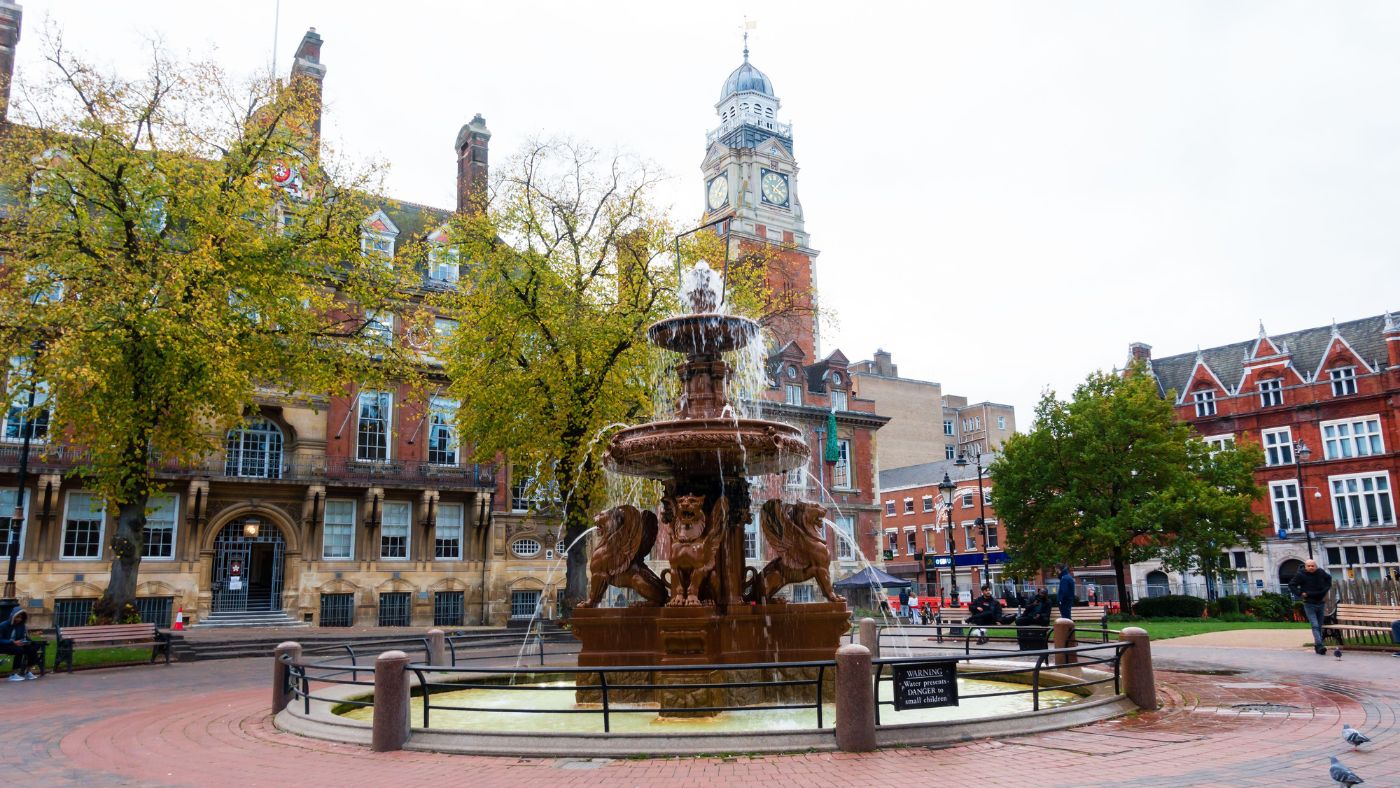
In the heart of England, built on the Grand Union Canal and surrounded by beautiful market towns, is one of the oldest cities in the country and the place where King Richard III was killed in battle. Home to one of Europe’s largest covered markets, it has a multicultural buzz and is close to the M1, with Birmingham and East Midlands airports a short drive away.
11. Leeds: £215,200
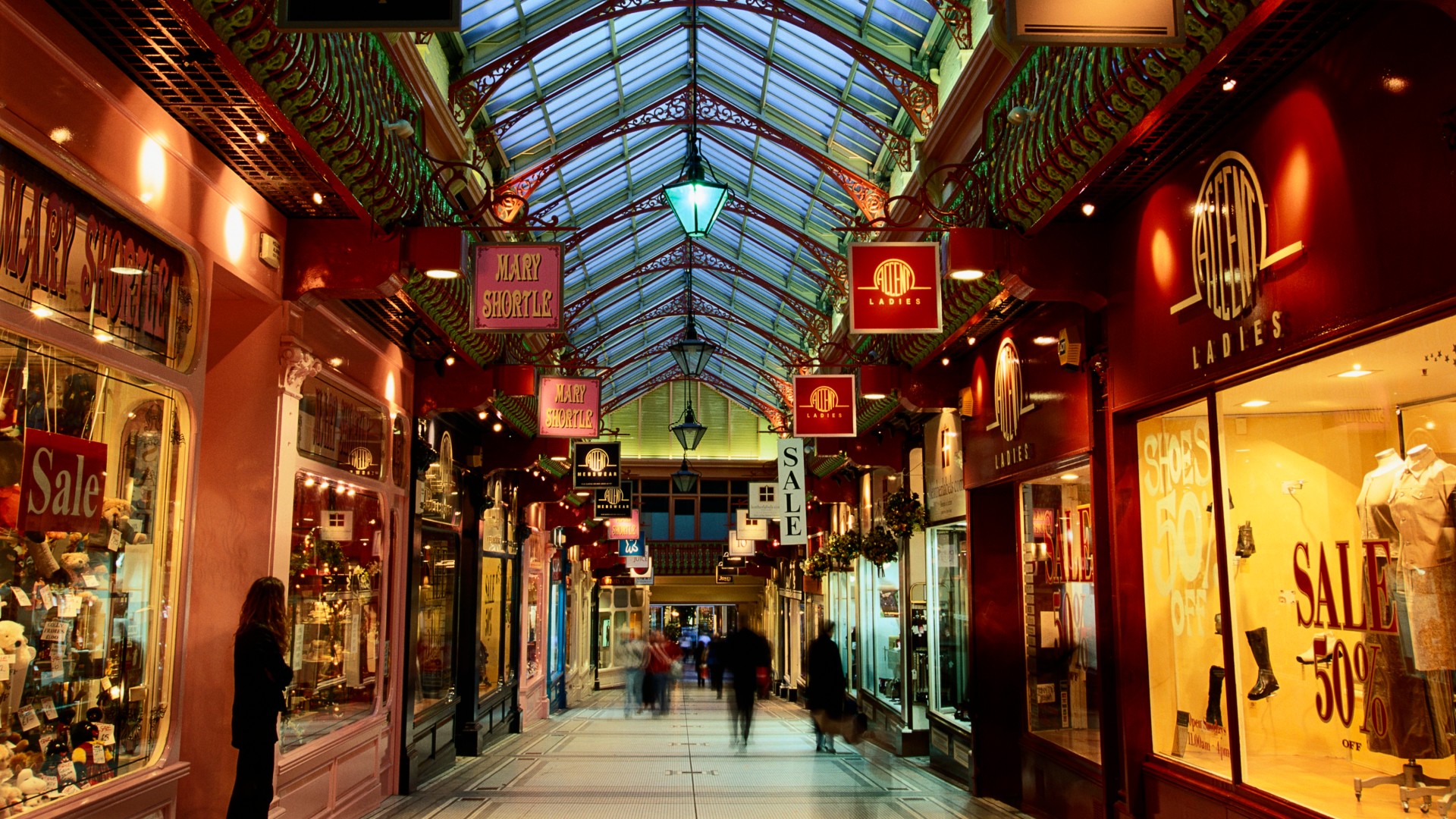
The unofficial capital of Yorkshire has vibrant cultural and sporting communities, world-class theatre and an expanding retail sector. The city has a big student population, stimulating the growth of its nightlife. It’s well-connected to the rest of the country, served by extensive road, bus and rail networks.
12. Birmingham: £215,000
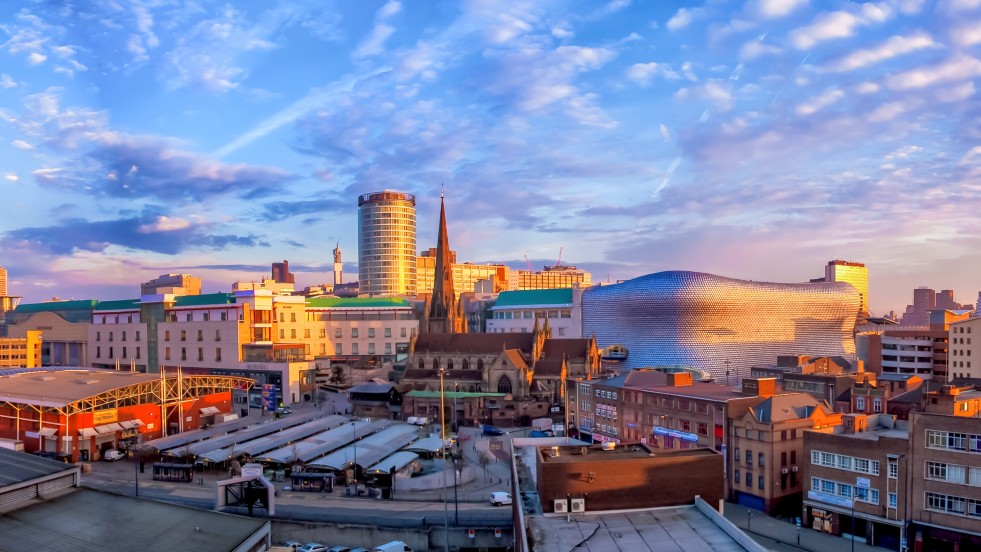
The second largest city in the UK, Birmingham is regarded as the social, cultural and commercial centre of the Midlands. It is home to a number of major arts institutions – the City of Birmingham Symphony Orchestra, Birmingham Royal Ballet, Birmingham Repertory Theatre, Library of Birmingham and The Barber Institute of Fine Arts. The city is a major transport hub, served by the M5, M6, M40 and M42 motorways.
13. Nottingham: £203,900
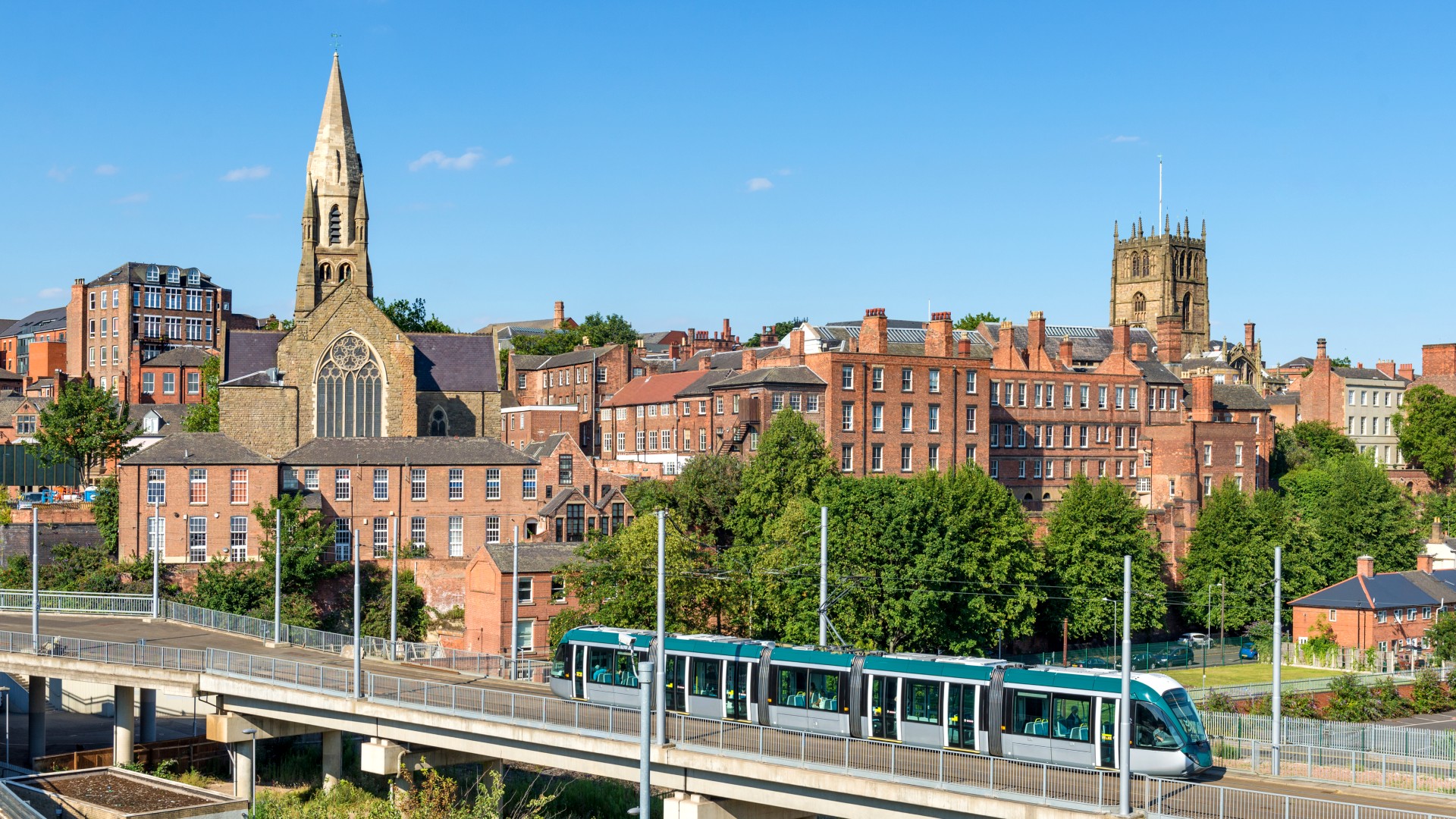
The old stomping ground of Robin Hood abounds with history and culture. Once residents have tired themselves out in the city’s medieval castle and the Lace Market, the city’s historic industrial centre, they can repair to England’s oldest inn for refreshment. For the less historically inclined, the city is well equipped with modern amenities, including a successful tram service.
14. Belfast: £199,600
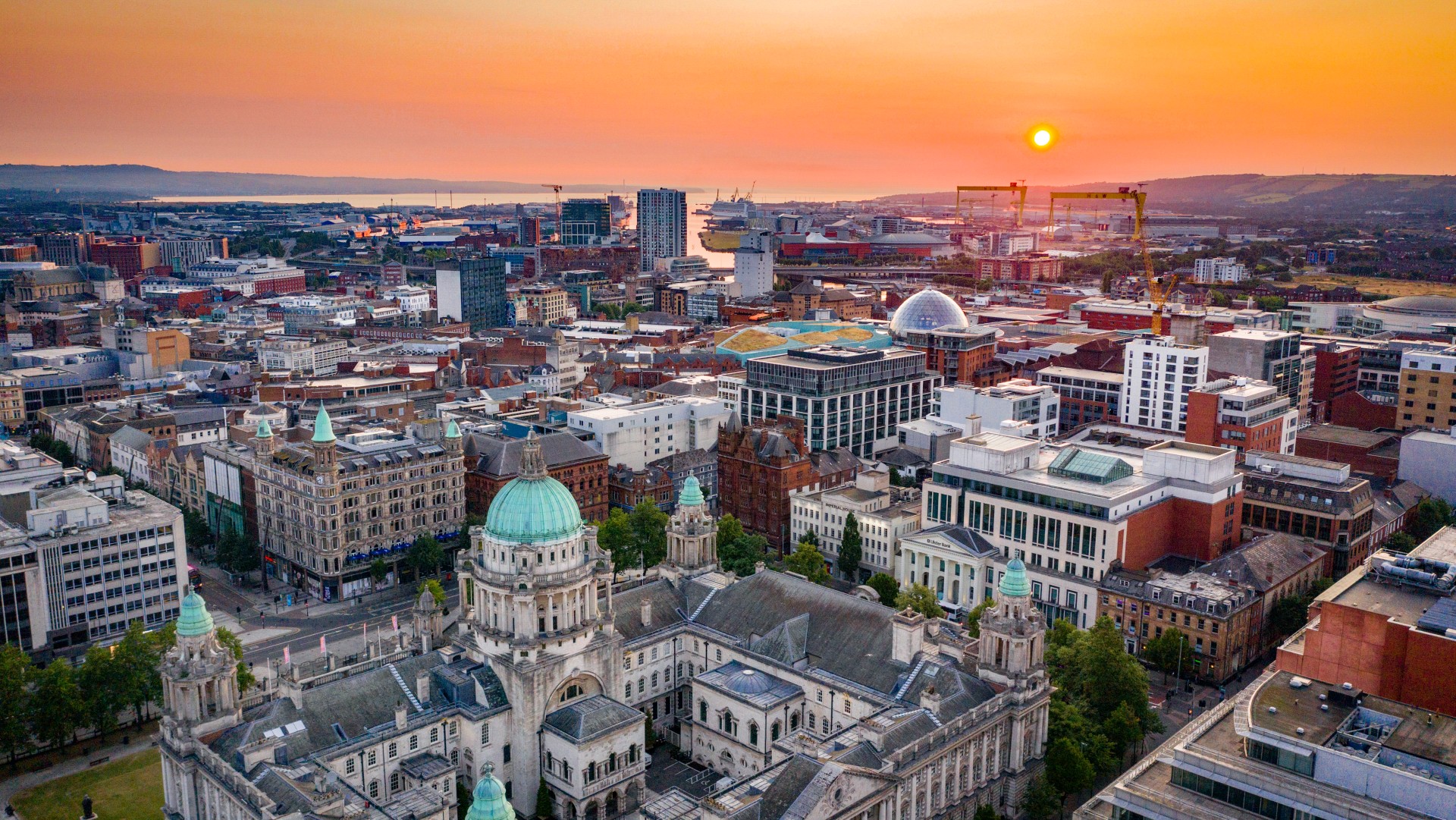
The capital of Northern Ireland has enjoyed the fastest property price growth anywhere in the UK in recent years, increasing an average of 7.6% in 2025 alone. It is one of the UK’s most affordable cities, features a thriving arts, music and culinary scene, and is surrounded by natural beauty for weekend getaways to the country.
15. Sheffield: £177,000
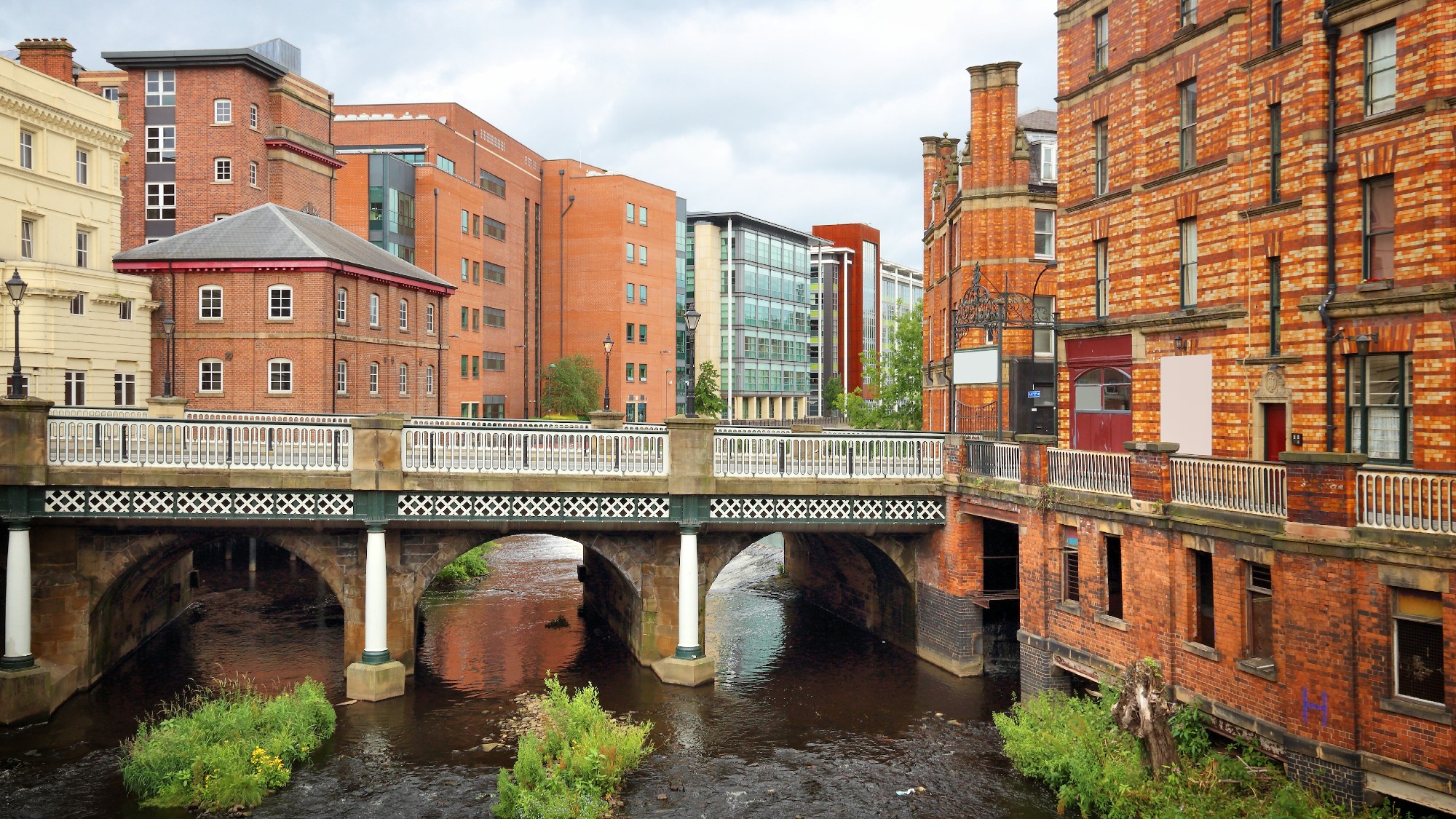
Known as the “Steel City” due to its long association with steel production, Sheffield is in fact one of the greenest metropolitan areas in Europe, ranked second after Oslo in 2024. If that wasn’t enough, inhabitants may also avail themselves of Britain’s oldest national park in the Peak District. For those who prefer to remain in the city centre, luxury department stores and a rich football heritage provide plenty of recreation.
-
 Colbert, CBS spar over FCC and Talarico interview
Colbert, CBS spar over FCC and Talarico interviewSpeed Read The late night host said CBS pulled his interview with Democratic Texas state representative James Talarico over new FCC rules about political interviews
-
 The Week contest: AI bellyaching
The Week contest: AI bellyachingPuzzles and Quizzes
-
 Political cartoons for February 18
Political cartoons for February 18Cartoons Wednesday’s political cartoons include the DOW, human replacement, and more
-
 The people who raffle their homes
The people who raffle their homesUnder The Radar Offer the chance to win your house for £2 a ticket? It's simple and can make thousands but it's not stress-free
-
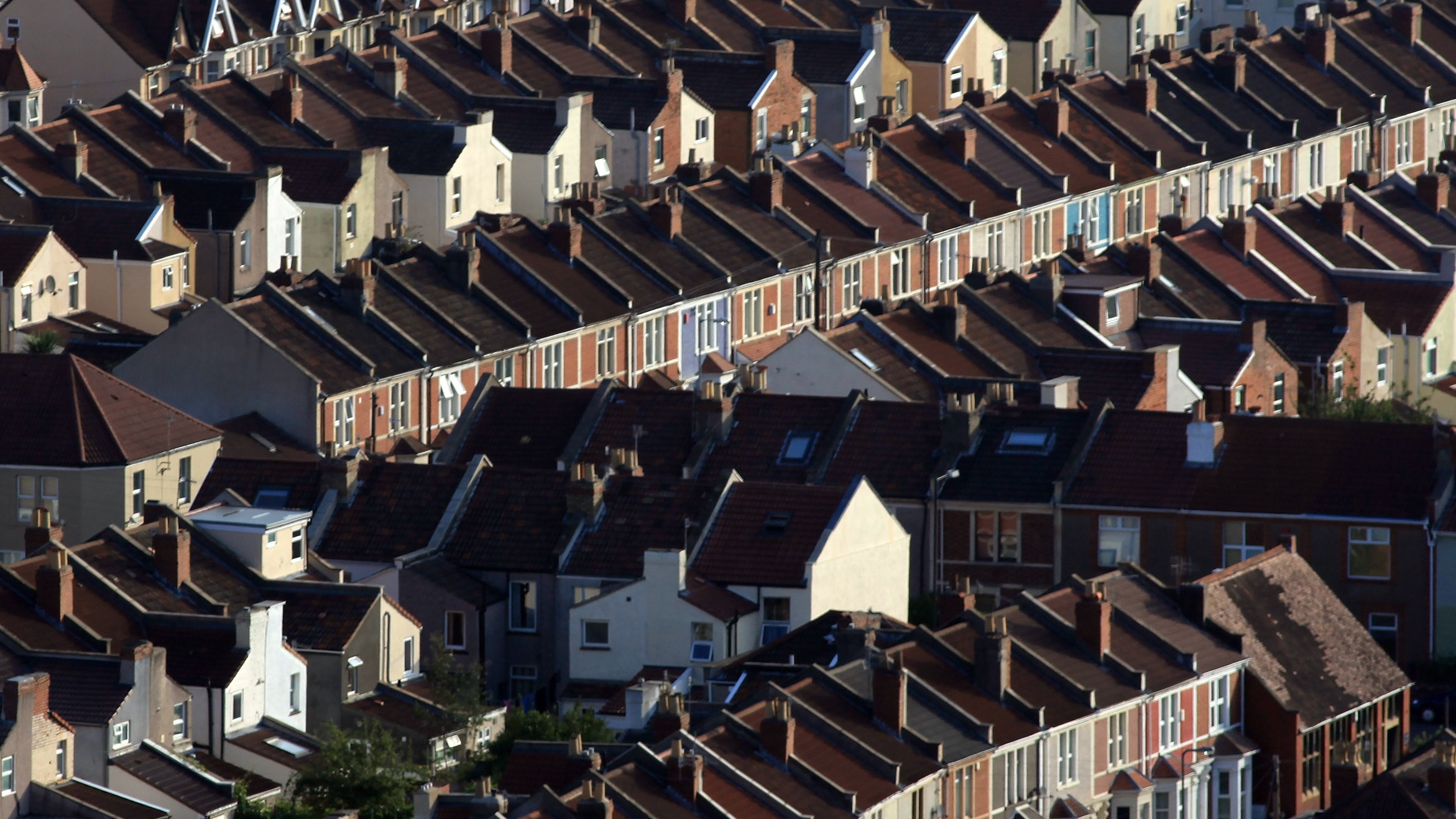 Pros and cons of shared ownership
Pros and cons of shared ownershipPros and Cons Government-backed scheme can help first-time buyers on to the property ladder but has risks
-
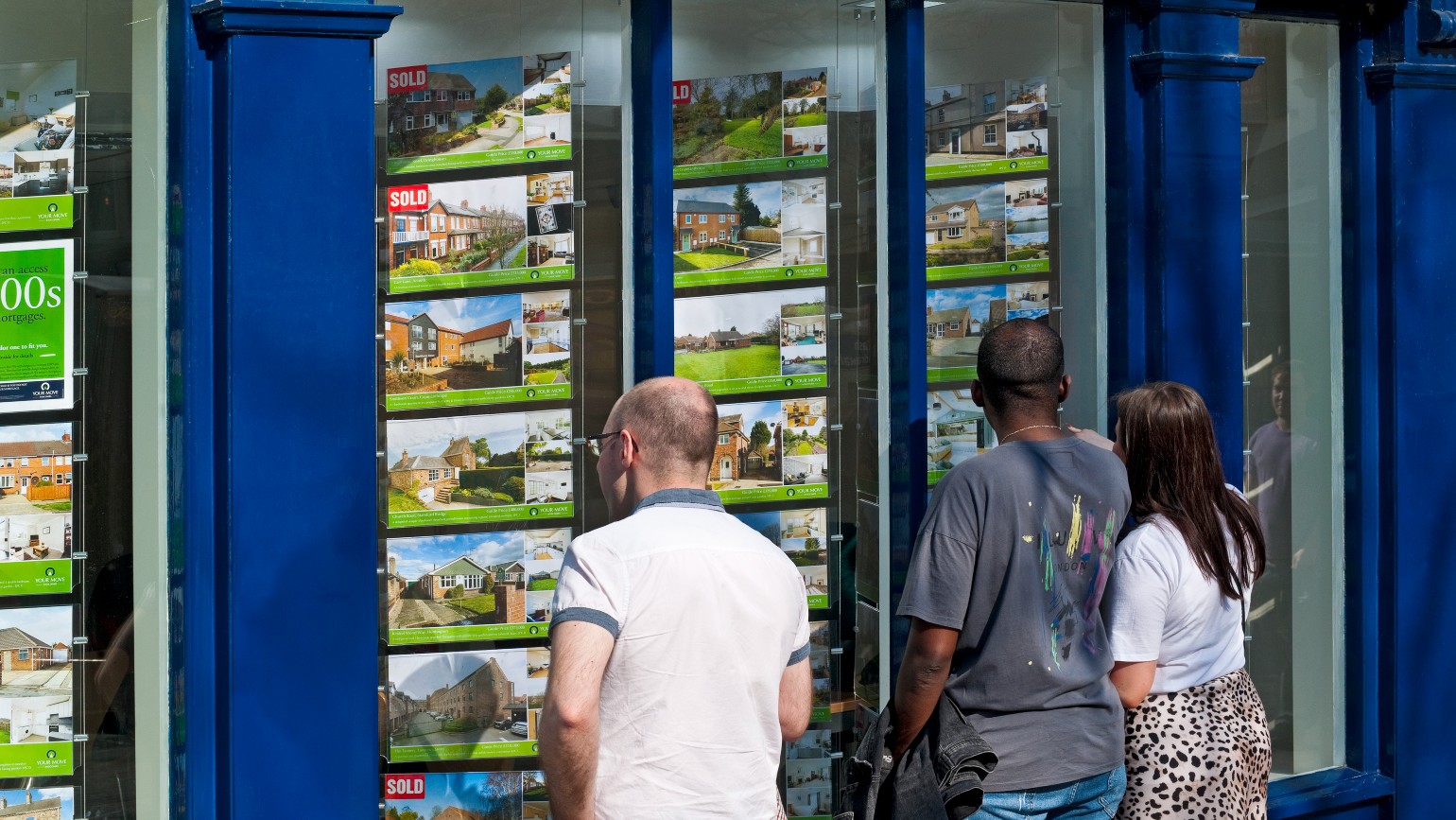 Affordability test scrapped: what ‘huge’ mortgage rule change means for buying a house
Affordability test scrapped: what ‘huge’ mortgage rule change means for buying a houseTalking Point Bank of England cuts red tape on mortgage approval process despite soaring inflation
-
 Are UK house prices about to crash?
Are UK house prices about to crash?In Depth Higher property taxes and a new mansion tax announced in the Autumn Budget could weigh on house price growth
-
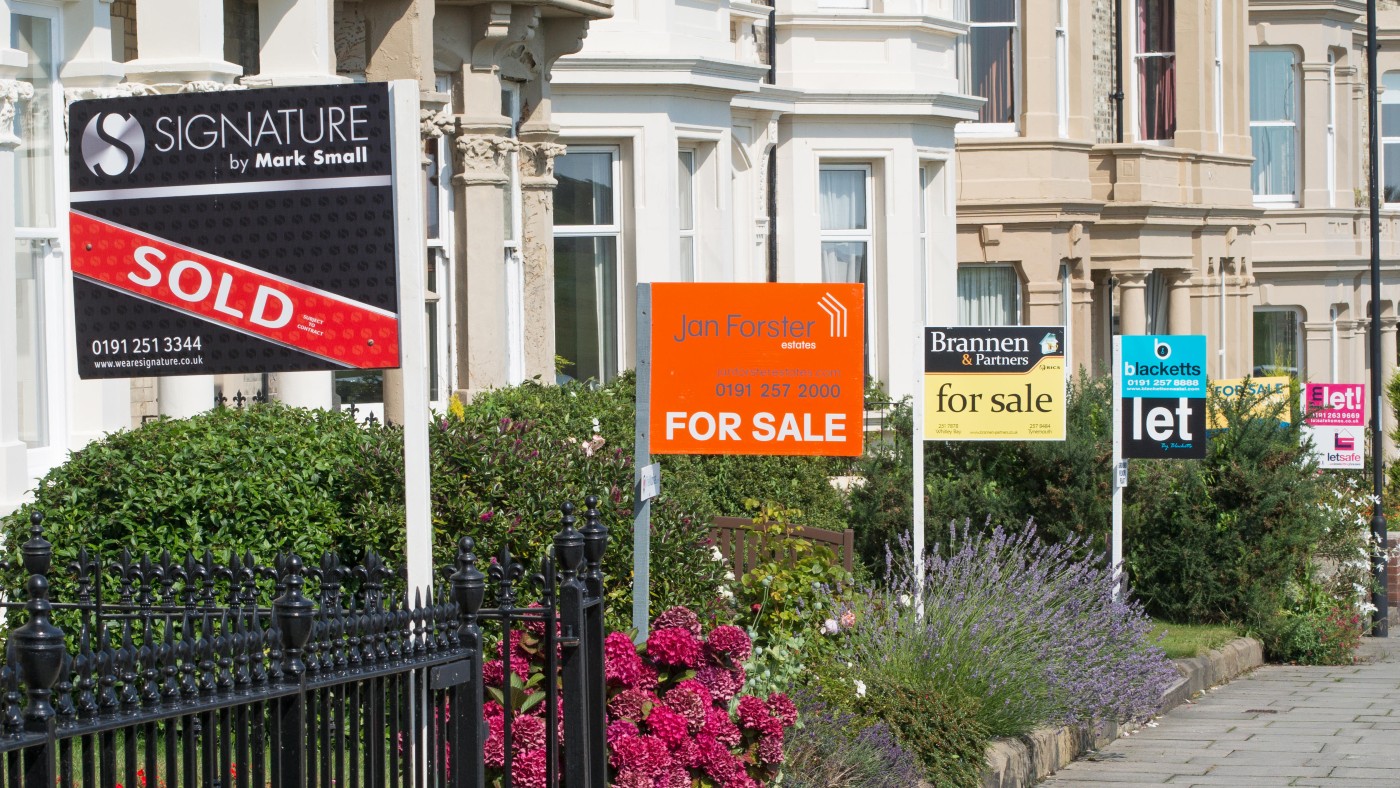 ‘Weakest since 2012’: UK house price average falls to £257,406
‘Weakest since 2012’: UK house price average falls to £257,406In Depth Prices down 1.1% year-on-year in February – the first annual decline since June 2020
-
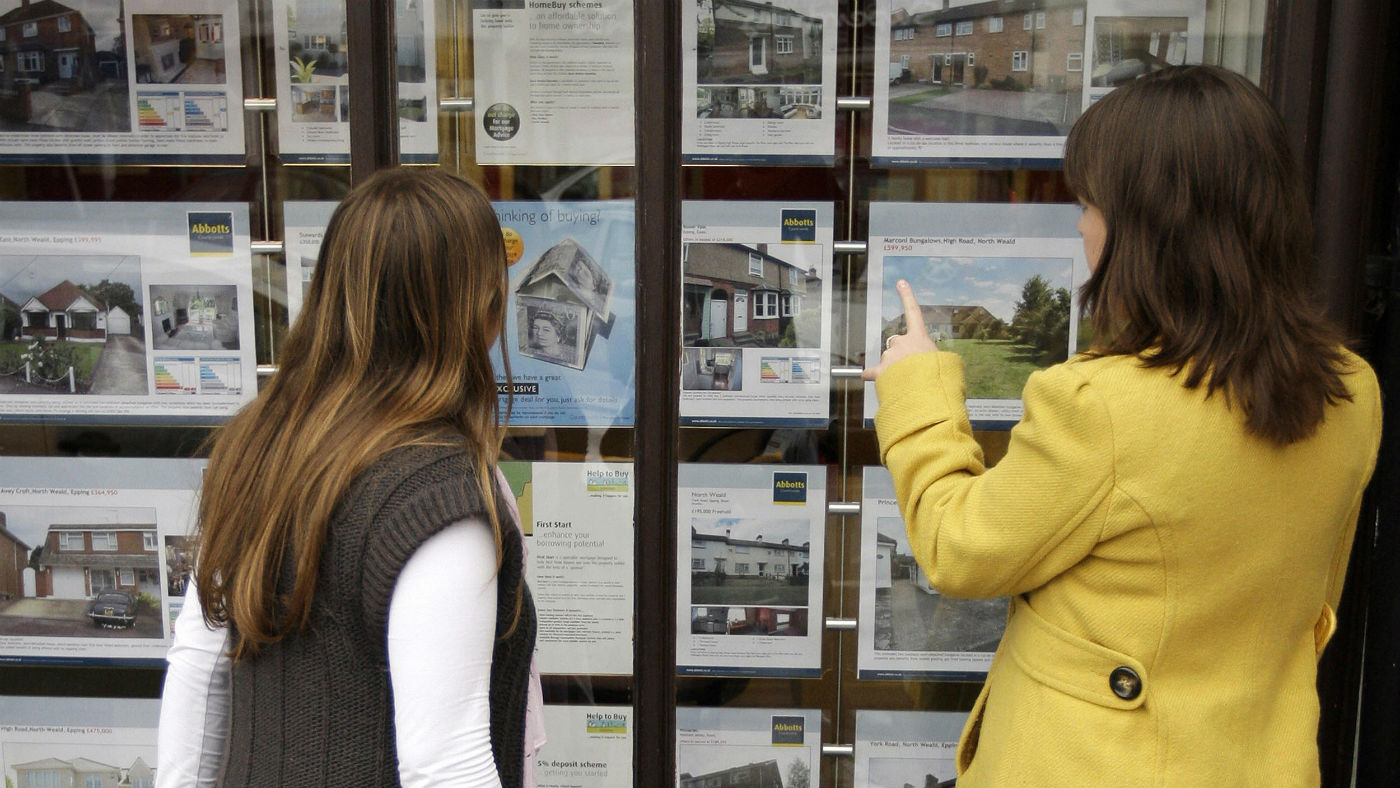 UK house prices in 2022: what the experts think
UK house prices in 2022: what the experts thinkfeature Sellers’ market, what next and mortgage matters
-
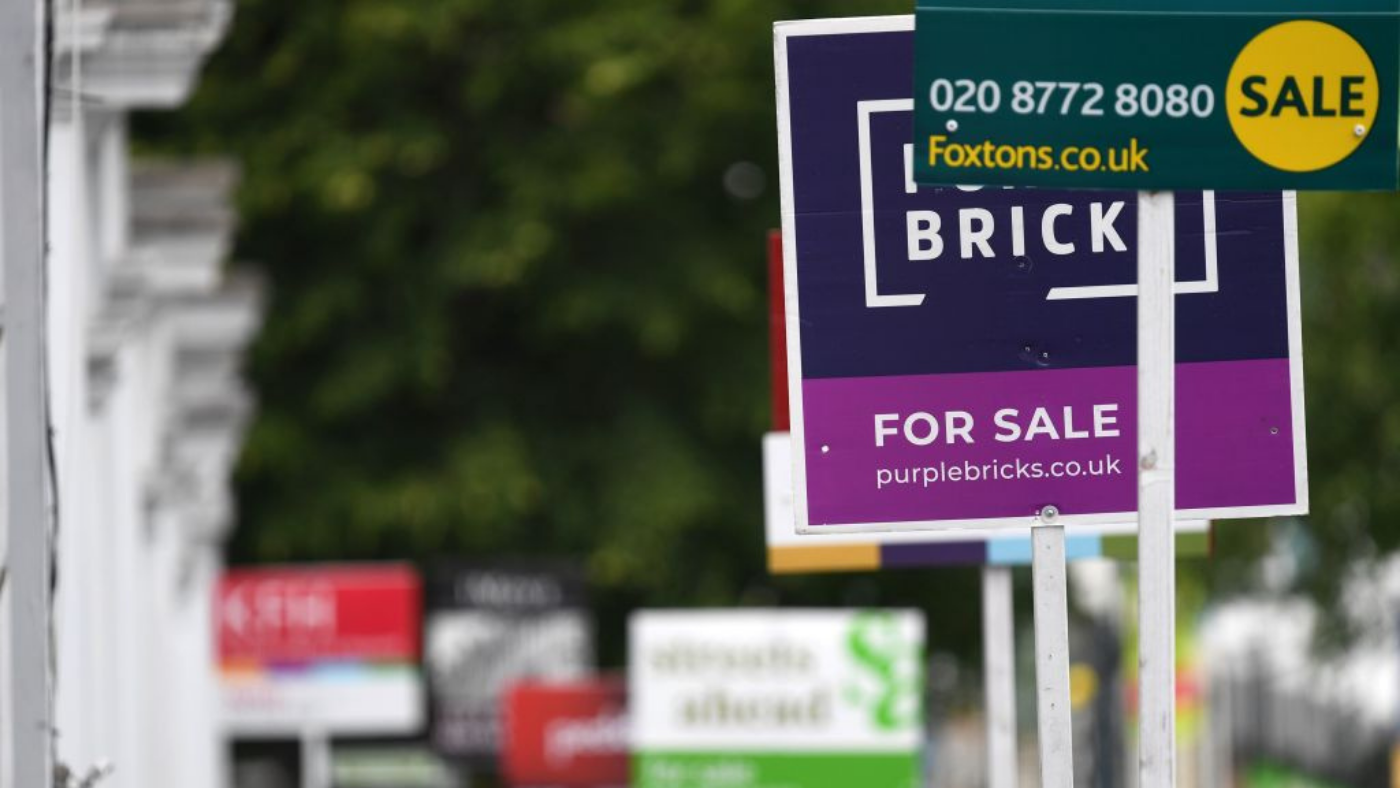 The house price boom in five charts
The house price boom in five chartsfeature Demand continues to outstrip ‘stock-starved’ housing market
-
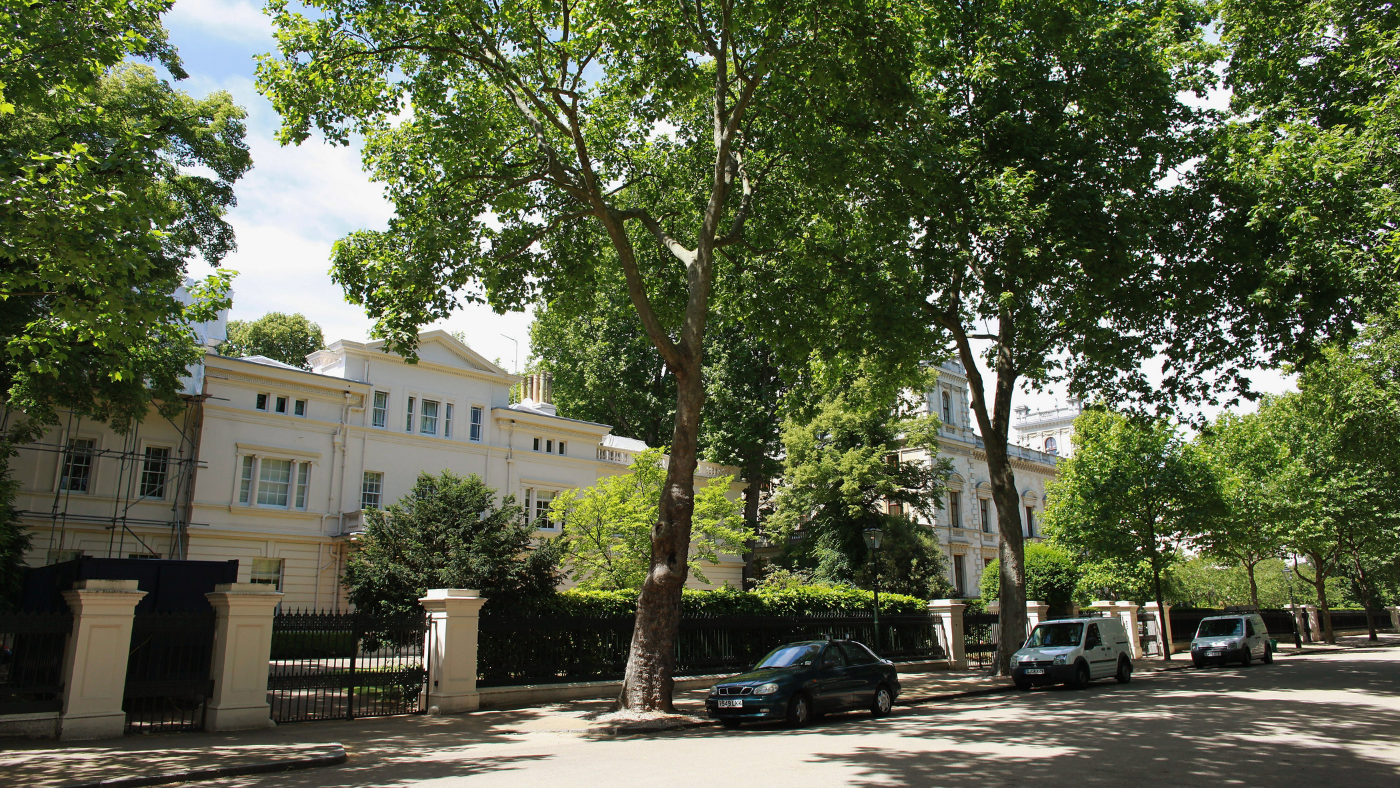 Britain’s most expensive streets
Britain’s most expensive streetsThe Week Recommends New names sneak into list of priciest roads